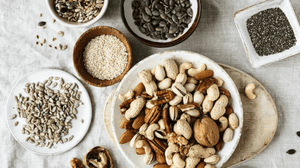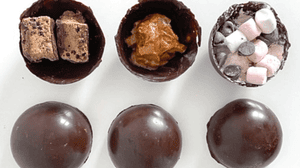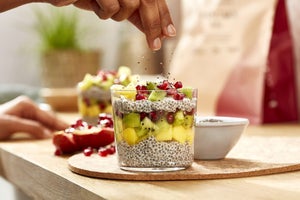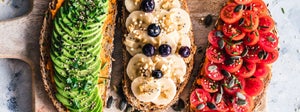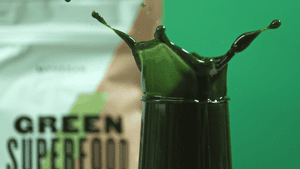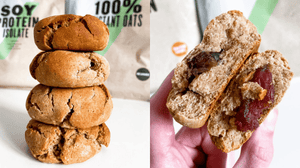
Over the last few years there has been a lot of discussion around sugar, especially when the sugar tax was introduced in the UK. However, what many people fail to address is that there are many different types of sugar, and all sugars are not created equal, especially when it comes to fruit sugars. Let’s explore this further….
What are the main types of sugars?
The simplest form of sugars are glucose, fructose and galactose, and are known as monosaccharides. These types are sugars don’t require breakdown in the gut so can be used as a quick energy source. Fructose is the sugar typically found in fruits whereas galactose is found in milk and other dairy products. Glucose can be found on its own or in combination with fructose or galactose, and this dual bond sugar is known as a disaccharide. When multiple combinations of sugars are found within a food, this is called a polysaccharide and includes starches and glycogen.

How does the combination of sugars affect the body?
Polysaccharides and disaccharides both require a greater level of processing tin the body in order to be used as an energy source. Whilst that may seem like a good thing, these energy converting mechanisms increase the number of sugar molecules available for storage. Sugar can be stored in the muscles as reserve energy sources, or it can be processed into fatty acids which becomes stored as fat within the body. In comparison, simple monosaccharide sugars don’t require this processing, so are less likely to be used as storage.
How does sugar breakdown work in relation to fruit?
As mentioned previously, fruit mostly contains fructose. Some fruits are disaccharides (glucose + fructose) but we won’t focus on those here. The most important thing to remember is that whilst simple sugars cause an easily available energy source, this leads to a subsequent rise in blood sugars. It is for this reason that sugar has generally become more unpopular over the years. However, the quick energy sugars contained within fruit are paired with the magic macronutrient fibre. Fibre is extremely important, as one of its main functions is to reduce the speed in which fructose is absorbed, and creates a slower, ‘steady-state’ source of fuel. In comparison to other simple sugars such as maple syrup or agave, fruit is far less likely to spike blood sugars following consumption.
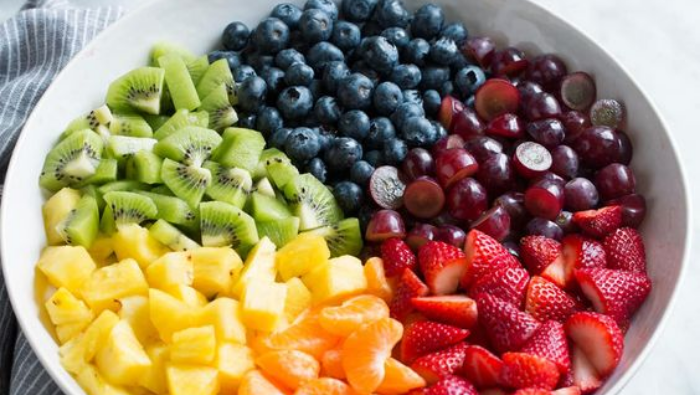
What about juices and smoothie?
By juicing a fruit, you are removing all of the flesh and skin, which is where the majority of the fibre is contained. Sadly, this means that the sugars found in juices are often easily absorbed and are still likely to cause sugar spikes. However, that doesn’t mean you should skip juice entirely – it can provide quick energy if needed, and it’s also an easy way to get in a boost of vitamins and minerals. Smoothies are a good alternative to juices if you find drinking fruit is the easiest way to get your 5 a day as they still contain the part of the fruit where fibre is stored.
This article is by no means a way to scare off people that prefer a liquid form of fruit; as mentioned previously, there are plenty of benefits associated with drinking juices and smoothies. Hopefully some clarity has now been provided about the different types of sugars, and awareness has been created that not all sugars are created equal!

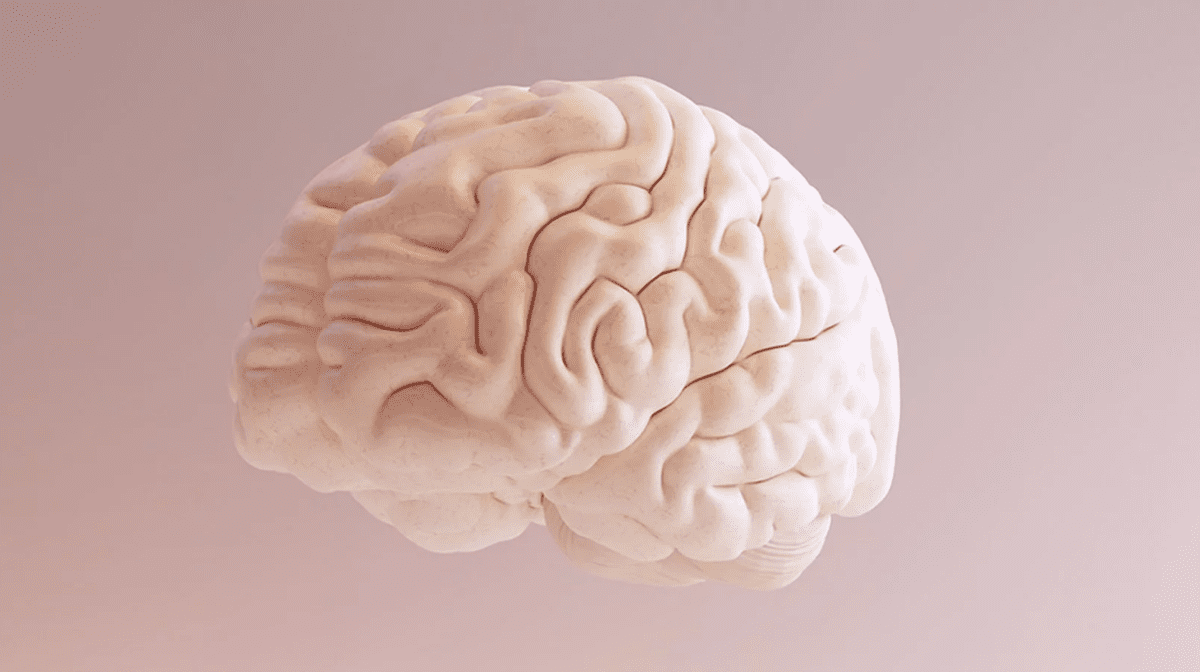
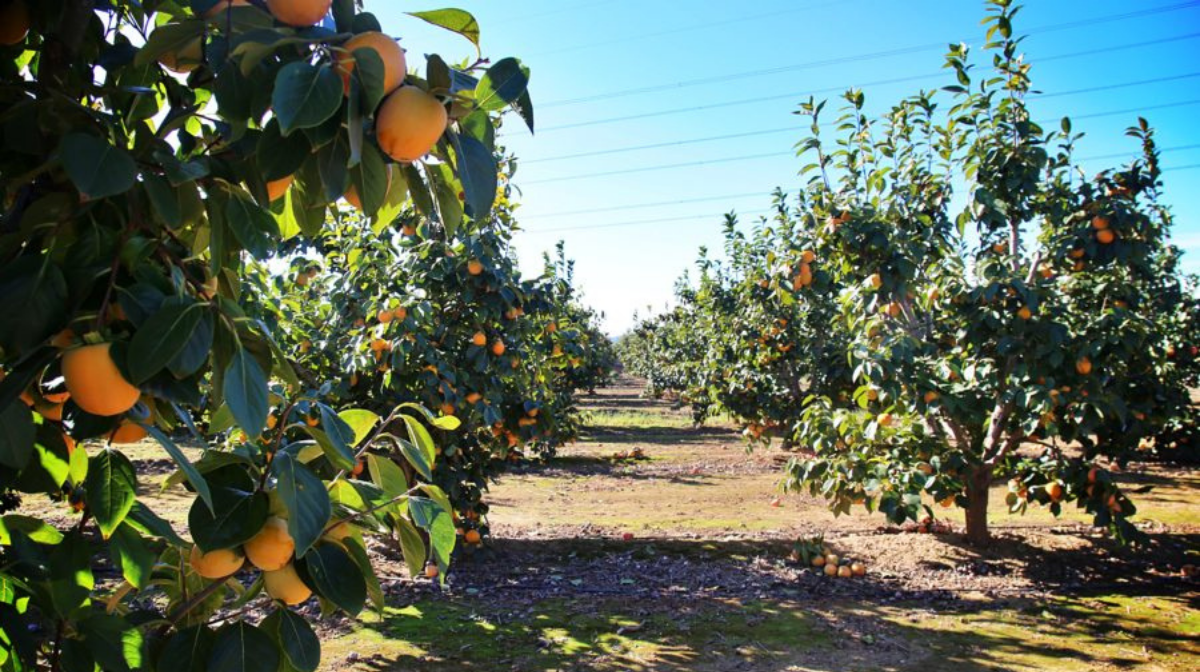
All the Vitamin D Benefits You Didn't Know About
Here's all you need to know about the 'sunshine vitamin'.




